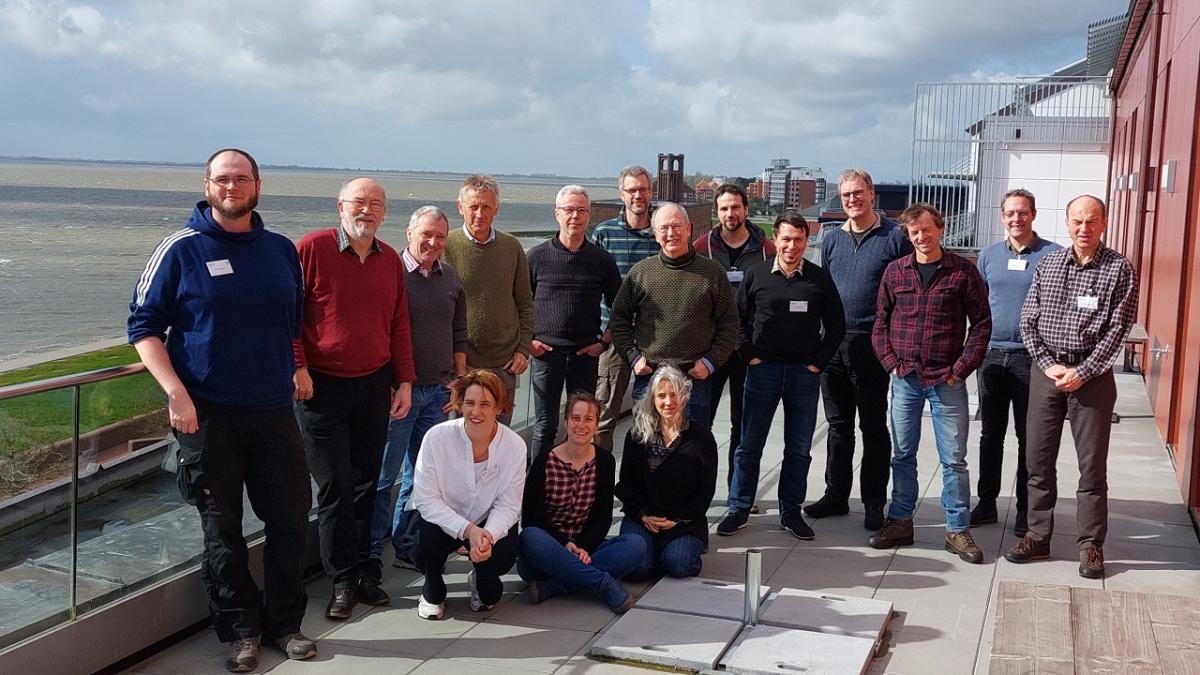Bird flu: International experts discuss management priorities for the Wadden Sea

The scale of the outbreak of the bird flu, more specifically the highly pathogenic avian influenza (HPAI), in the North Sea region in the breeding season of 2022 was unprecedented. In the transboundary Wadden Sea, substantial losses were recorded especially for sandwich terns. But also, common terns and black-headed gulls were affected. It is currently not possible to predict what will happen during the next breeding season. To prepare for future outbreaks, the Common Wadden Sea Secretariat and the Lower Saxony Wadden Sea National Park Authority, in collaboration with the Friedrich-Loeffler-Institute, organised an interdisciplinary workshop in Wilhelmshaven (Germany) on 22-24 March 2023. Among the participants were virologists, epidemiologists, veterinarians, ornithologists, and conservation managers from Denmark, Germany, The Netherlands, Sweden and the UK.
Identifying management priorities using the framework of an interdisciplinary ecological risk assessment was at the core of the workshop. The experts from diverse fields joined forces and discussed key risk factors and pathways associated with the transmission of the virus, such as the close contact between species, the potential persistence of the virus in the environment, but also the possible introduction of the virus through people visiting the colonies. Then, they addressed the question if there are measures to either reduce the likelihood of introducing the virus into colonies or to mitigate the spread within the colony to minimise its impact on the affected populations. “Disease risk assessments are frequently conducted in the animal health sector to determine the risk of being exposed to specific pathogens, but not so much for wildlife”, explained Anja Globig from the Friedrich-Loeffler-Institute, who moderated the ecological risk assessment together with the organizers of the workshop. “This workshop provided a great opportunity to jointly assess the risk of avian influenza virus introduction into a population of a vulnerable bird species and its transboundary transmission with the purpose of identifying appropriate measures for risk mitigation.” Based on their expertise, workshop participants collected and prioritized a number of measures that, in case of an outbreak, will provide guidance for site managers to control the outbreak.
Management guidelines, built on the outcome of this workshop, will allow site managers in the Wadden Sea World Heritage Site and beyond to make informed decisions to reduce the likelihood of the introduction of HPAI into a breeding colony. In case an outbreak cannot be prevented, these measures may help to minimise the spread of the virus within breeding colonies.
More information on the outcome of the workshop will be shared shortly on our website.
